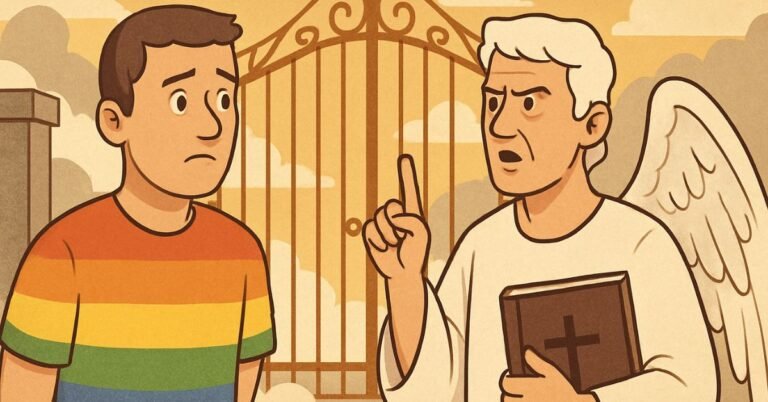Do Scooters Look Gay? Debunking Stereotypes and Embracing Diversity
The claim that “scooters are gay” is an example of how stereotypes and prejudices can be applied to almost anything, from hobbies to personal choices. It’s essential to recognize that such statements are rooted in harmful assumptions and outdated attitudes, rather than facts or meaningful insights. In this article, we’ll examine why the idea that scooters “look gay” is not only unhelpful but also a distraction from the real issues around freedom of expression, personal preference, and inclusivity in society.
Understanding the Source of the Stereotype
The idea that something “looks gay” is often a way to marginalize or trivialize certain activities, behaviors, or people. The term “gay” has historically been misused as a negative descriptor for things or people that don’t fit traditional gender roles or stereotypes. This mindset persists in certain circles, particularly when people see things like scooters as “non-masculine” or “childish.”
This line of thinking stems from a narrow and outdated view of masculinity, where only certain behaviors or interests are considered appropriate. The issue with using “gay” in this context is that it reduces a person’s identity and preferences to a stereotype. Being gay is about an individual’s sexual orientation, and to associate it with something as neutral as a scooter trivializes and stigmatizes the LGBTQ+ community.
Scooters: A Mode of Transport, Not a Statement About Identity
At the end of the day, scooters are just a mode of transportation, a convenient, and eco-friendly way to get from one place to another. They come in all shapes, sizes, and styles, and they are used by people of all genders and sexual orientations. Whether it’s a child riding a scooter in the park, a teenager zipping around town, or an adult using one to commute, scooters are versatile, practical, and accessible to everyone. There is no inherent connection between scooters and any specific sexual orientation.
Scooter culture has grown over the years, with many cities embracing them as an environmentally conscious alternative to cars. Scooters are also popular in extreme sports and have their own dedicated community of riders who push the limits of what’s possible with these two-wheeled vehicles. These communities are as diverse as any other, and people of all walks of life enjoy the freedom and fun that comes with riding a scooter.
Challenging Harmful Stereotypes
One of the most important aspects of moving forward as a society is challenging harmful stereotypes and the ways in which we marginalize certain activities or groups. By making connections between personal preferences (like riding a scooter) and sexual orientation, we perpetuate unnecessary judgment and discrimination.
It’s also crucial to understand that gender expression is diverse. Just because something might not fit into conventional ideas of what is “masculine” or “feminine” doesn’t mean it’s inherently linked to someone’s sexual orientation. People of all genders and sexualities enjoy a wide range of activities, and these preferences don’t need to be labeled in limiting ways.
What’s important is that everyone is free to choose the activities they enjoy without fear of being judged or categorized. For some people, that might mean riding a scooter, and for others, it might mean playing a sport or engaging in a hobby that is traditionally seen as more “masculine” or “feminine.”
The Bigger Picture: Embracing Inclusivity
The conversation around scooters and the stereotypes attached to them is a part of a broader societal issue: the need for greater inclusivity and acceptance of diverse identities. If we truly want to live in a society where people can express themselves freely, we need to move away from assigning labels based on outdated norms and assumptions.
It’s essential to create an environment where everyone can enjoy their hobbies and activities without being constrained by the fear of being labeled. Just like how people of all sexual orientations can enjoy a variety of interests, so too can those of all genders and identities find joy in something as simple as a scooter.
Conclusion: Scooters Are for Everyone
The question of whether scooters “look gay” ultimately misses the point. Scooters are a fun, practical, and eco-friendly way to get around, and they are enjoyed by people from all walks of life. The idea that scooters are inherently linked to sexual orientation or gender is an outdated stereotype that needs to be challenged.
Rather than focusing on what something “looks like,” it’s far more important to embrace diversity and support one another in our choices, interests, and identities. Everyone should be free to enjoy what they love, whether that’s riding a scooter, playing a sport, or engaging in any other activity, without fear of judgment or discrimination.
So, to answer the question: No, scooters don’t “look gay” they simply look like a fun, practical way to get from one place to another. And that’s something everyone, regardless of sexual orientation or gender identity, can enjoy.





